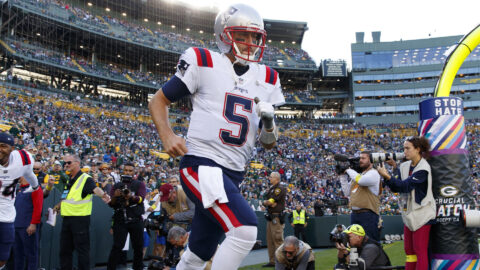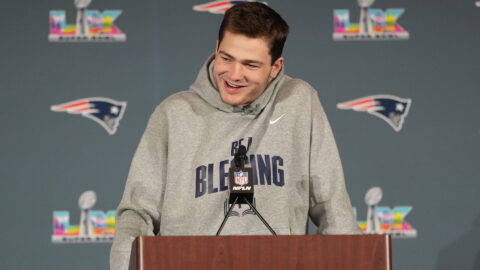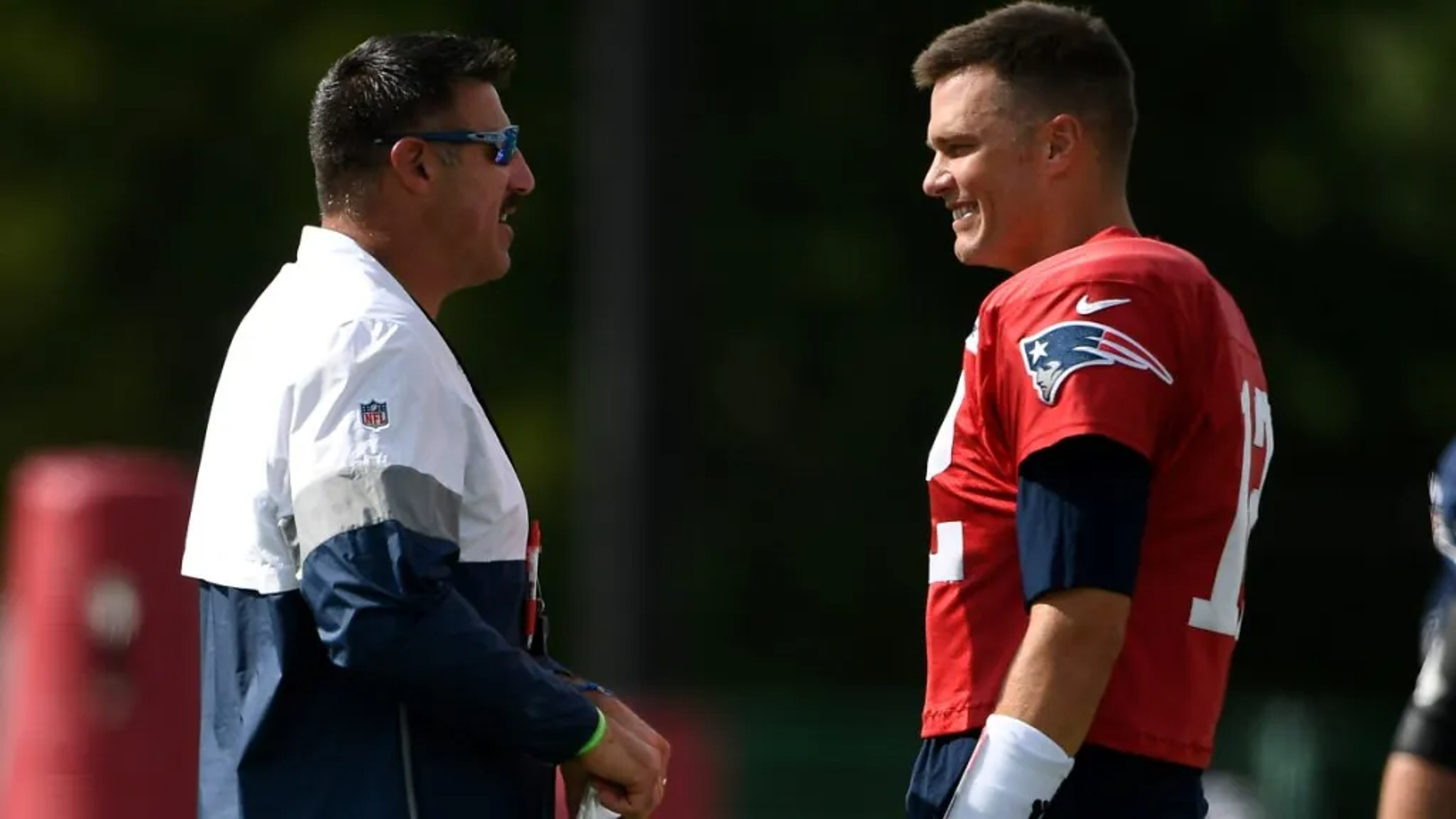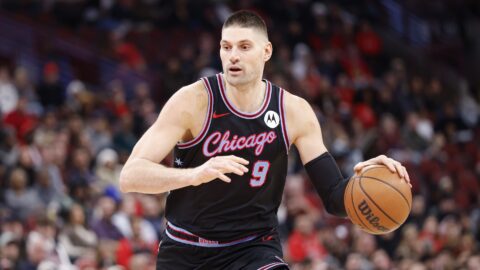Come on, it's happened to you before. Your dad/mom/boss gives your brother/sister/co-worker the cookie/car/promotion you wanted, and the next time you see the schmuck on the receiving end (who usually rubs it in your face somehow), you give him or her a little shove. What’s wrong with that?
Well, a 90-something-per-hour fastball is what's wrong with that, and that's why — no matter how much people like the plunkings of yesteryear — guys like Ubaldo Jimenez have to be punished for taking slights against their egos onto the diamond.
The question of whether Jimenez beaned former teammate Troy Tulowitzki intentionally may never be known. But what was clear after the pitch was thrown, Tulowitzki's arm was hurt, and the benches cleared is that, if the guardians of professional sports want to ensure safety at their games, they’re going to have to be more proactive. Jimenez was suspended for five games (or one start) after the fact, but what if major harm had been done? What was done beforehand to keep the dangerous fastball from being let loose?
As the Saints continue to recoil from the Bountygate punishments and other NFL players adjust to the increasing load of rules meant to make their game safe, the Jimenez-Tulowitzki feud offers some evidence that, while accidents happen in sports, more injury-prone situations can be avoided.
Jimenez's beaning of Tulowitzki spiced up spring training, bringing September-like intensity to the practice sessions. It also started this year's round of bad blood, where teams carry perceived slights from game to game, often ending — in baseball tradition — with a well-placed pitch that's meant to send a message.
Debate has grown over the years over whether plunking is just part of baseball, or whether it's a harmful practice that puts batters in the crosshairs of injury. Evidence abounds over how dangerous an out-of-control pitch can be, from career-ending injuries to players coping with severe physical or mental problems.
But at the heart of Sunday's showdown between Jimenez and Tulowitzki was a backstory that should have been enough of a warning for both teams to take notice and make sure nothing happened.
Jimenez was traded last season from the only team he'd ever known and sent to the less-pitcher-friendly American League to help the Indians reach the playoffs. What? The Indians in the playoffs? Well, it made sense then, and Jimenez — who had put up 12-, 15- and 19-win seasons for the last three years in Colorado, seemed to be the perfect guy to put Cleveland over the edge.
It was not to be. Jimenez crumpled as the season went on, the Indians faded hard, and now the righty once known for having crazy stretches without allowing a run is trying to remake himself into a valuable pitcher in a league and setting that do not fit him well.
To the unassuming baseball fan, it was a confusing regression, until Jimenez started talking this spring and expressed displeasure that, during his reign as Colorado savior, he had not been given a contract like that of teammates Tulowitzki or Carlos Gonzalez.
Tulowitzki then piped up and said Jimenez needed to move on.
Fast-forward to spring training, where the Rockies and Indians face off in a tune-up game, and put Tulowitzki at the plate. Add in a jittery Jimenez, who has had trouble producing lately, and suddenly you’ve got a fastball hitting Tulowitzki's elbow.
Jimenez moved off the mound, Tulowitzki came forward and shouted something, and suddenly they were at each other, with their teammates filtering in. No punches, no injuries beyond Tulowitzki's elbow — but plenty of hurt pride.
Suspension talk began almost immediately, with Jimenez saying he didn't deserve one because the plunking wasn't intentional. Colorado manager Jim Tracy, who was clearly much more upset about the entire situation, called the pitch "a gutless act" and said punishment was warranted.
After the incident, plenty of guys seemed to know that Jimenez may have had a beef with Tulowitzki. But nothing was done to make sure it wouldn't boil over on the field.
Still, it was only spring training, and Jimenez has been punished. Not a big deal, right? No — but when does it become a big deal?
If Josh Beckett sends one at Alex Rodriguez, will the teams be encouraged not to throw at each other the next time out (not including in-game warnings from umps)? Or will they be allowed to play on? If things get testy enough, maybe some after-game suspensions will be issued. But what if a player is hurt permanently?
Justin Morneau's continued struggles to get back to playing form for the Minnesota Twins show the scary effects of one bad hit (although Morneau’s came on the basepaths). The All Star's career is likely irretrievably diminished, if not over.
Some have wondered recently whether Lou Gehrig's rapid decline at the end of his career — similar symptoms of which are now being seen in a proportionally high number of ex-NFL players — could have been from taking a pitch to the head and then playing again the next day.
That's why the leagues are bringing in new safety policies and working hard to cut down on injuries. But all the rules and ideas so far have avoided the one area where so many of these problems start: motive. What is the league doing to prevent rash decisions when they know guys are ticked off at each other?
Whether it be tit-for-tat beanings that are as old as the game, bounty systems in the NFL or just taking a little of the ego protection that runs much of sports out of it, if professional sports leagues are serious about keeping their players safe, they need be better at dealing with problems before they start. After-game suspensions only do so much.
Career-changing injuries are accidents, but they're a lot less accidental when players are firmly told to avoid them.



